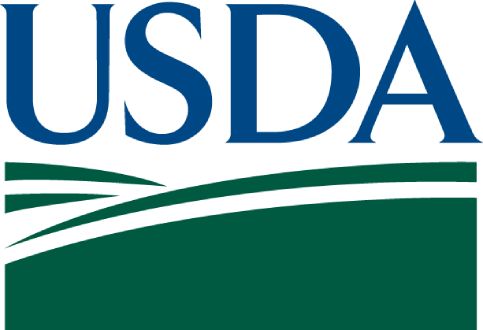Evaluation of Demonstration Projects to End Childhood Hunger (EDECH): The Virginia 365 Project
Ending Childhood Hunger: Evaluation of Demonstration Projects
Prepared for:
U.S. Department of Agriculture, Food and Nutrition Service

The 2010 Child Nutrition reauthorization called for the development of innovative strategies to “reduce the risk of childhood hunger or provide a significant improvement to the food security status of households with children,” and an independent evaluation of the effectiveness of these strategies using rigorous experimental designs and methodologies to produce scientifically valid evidence of project impacts on food security. USDA awarded an $8.8 million grant to the Virginia Department of Education, which administers school nutrition programs, to implement the Virginia 365 project for two school years.
The Virginia 365 project was designed to reduce hunger 365 days a year in households with school children by transforming schools into food hubs. The project addressed this goal by providing a variety of food and nutrition resources to low-income households, ensuring that children from these households had access to three free meals per day at school and additional food on days when school was not in session.
This evaluation, conducted by Mathematica, used a rigorous randomized controlled trial design to estimate the Virginia 365 project’s impact on the primary study outcome―food insecurity among children―and other outcomes, including food security among adults and the household as a whole, food spending, and participation in nutrition assistance programs.
How do you apply evidence?
Take our quick four-question survey to help us curate evidence and insights that serve you.
Take our survey
